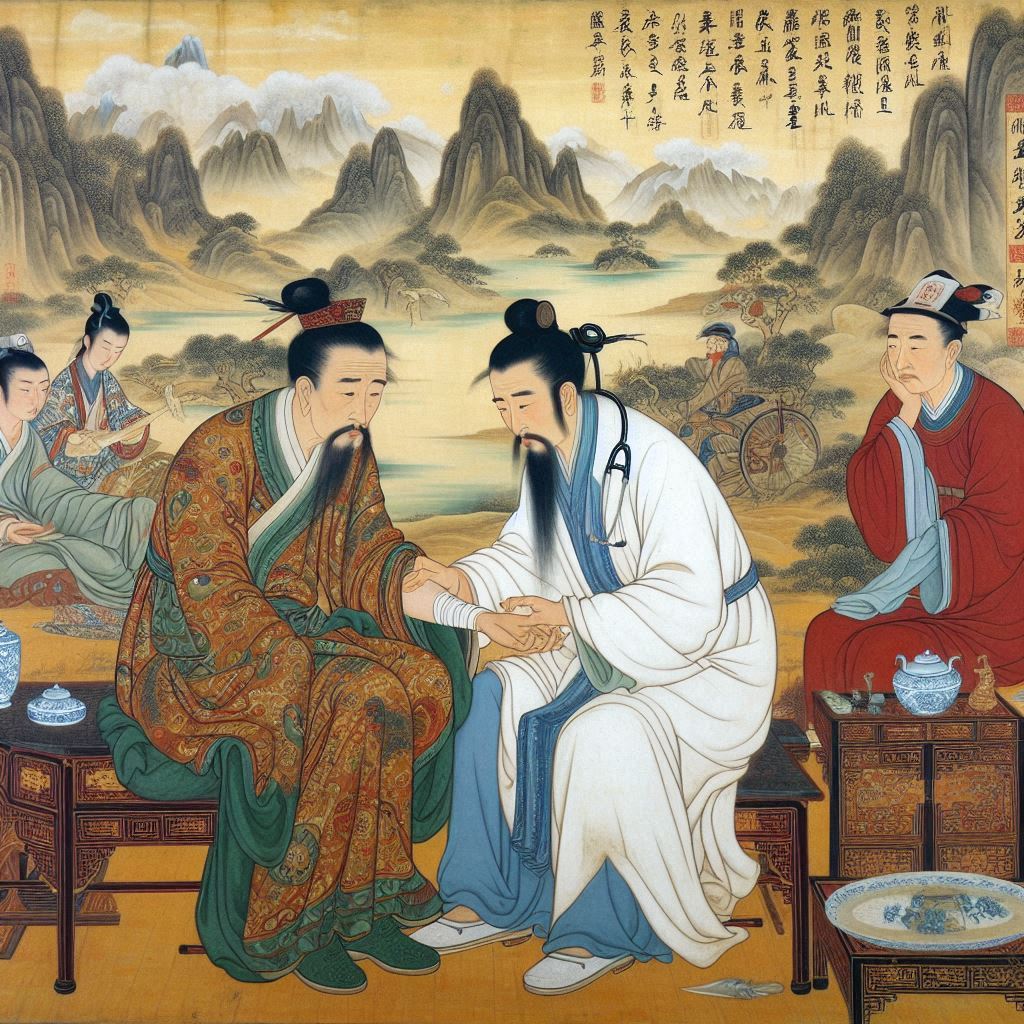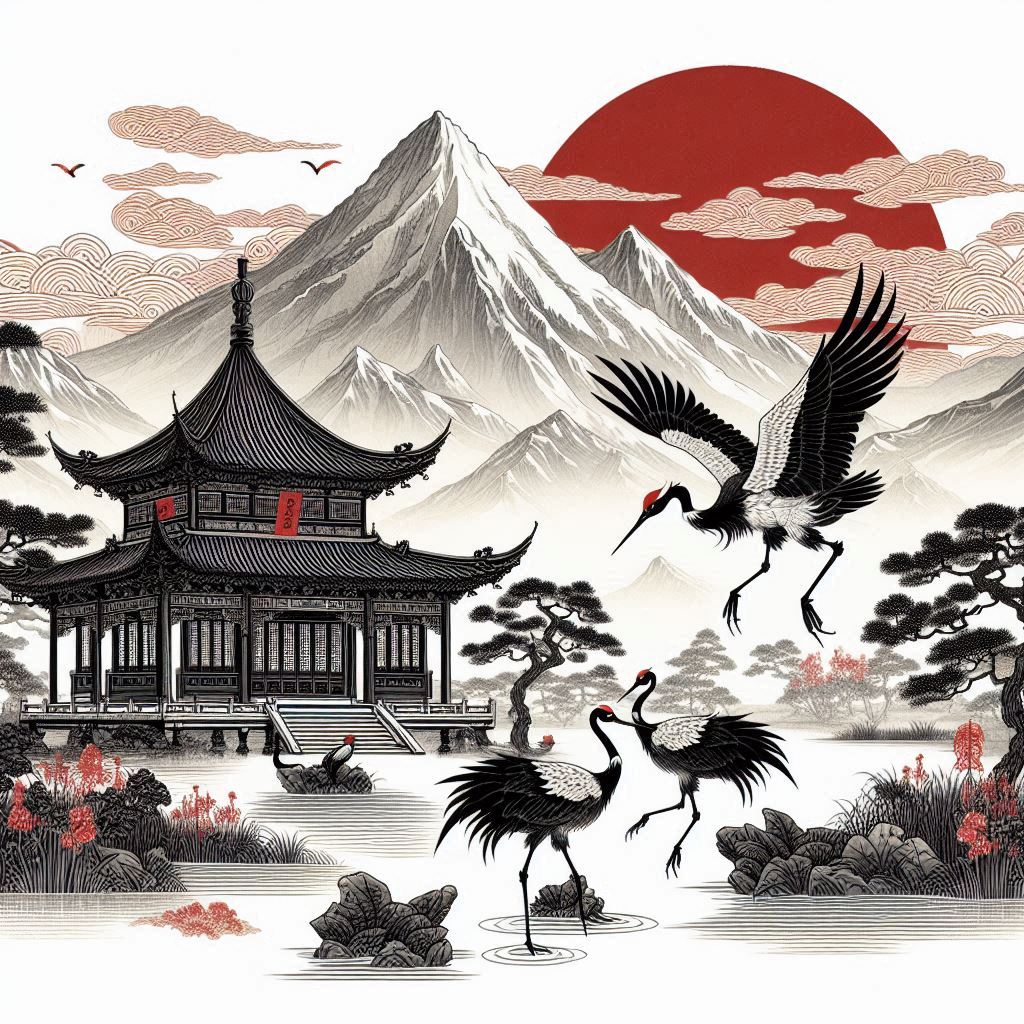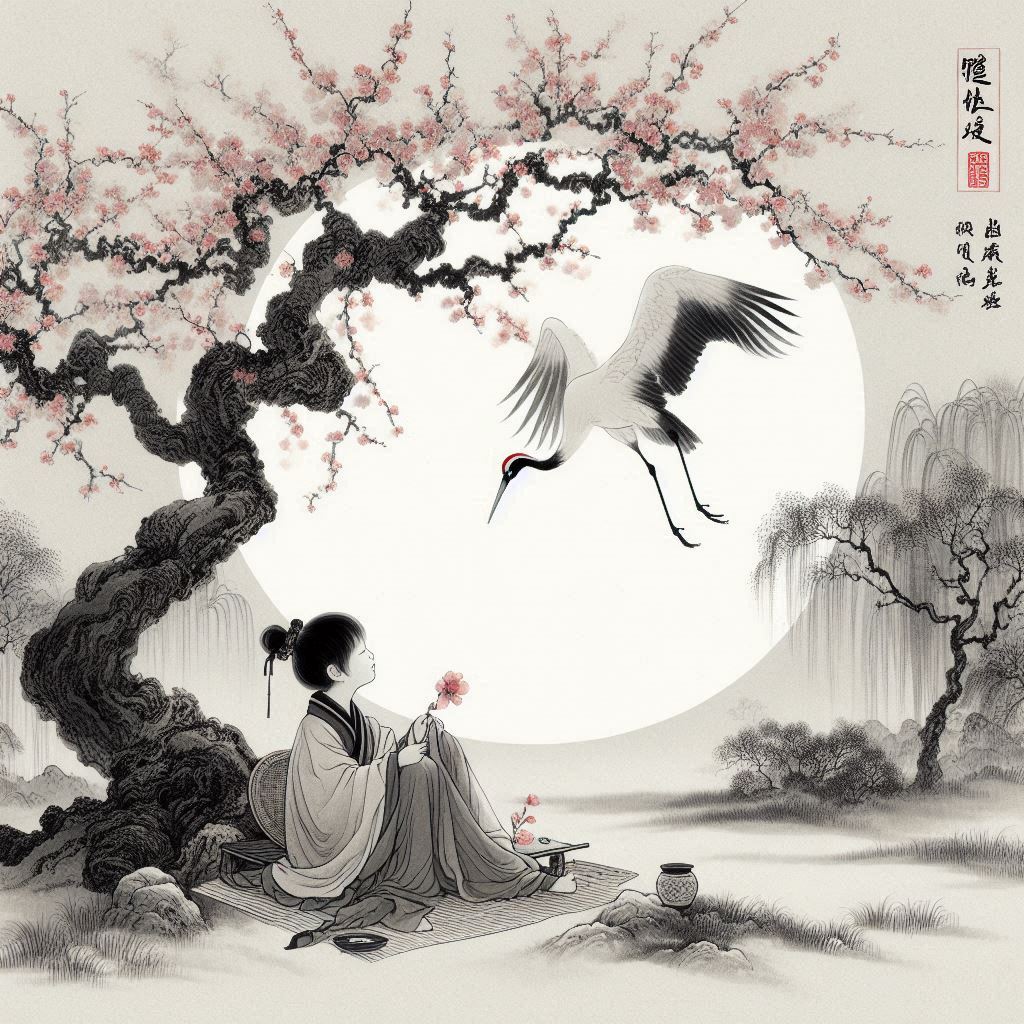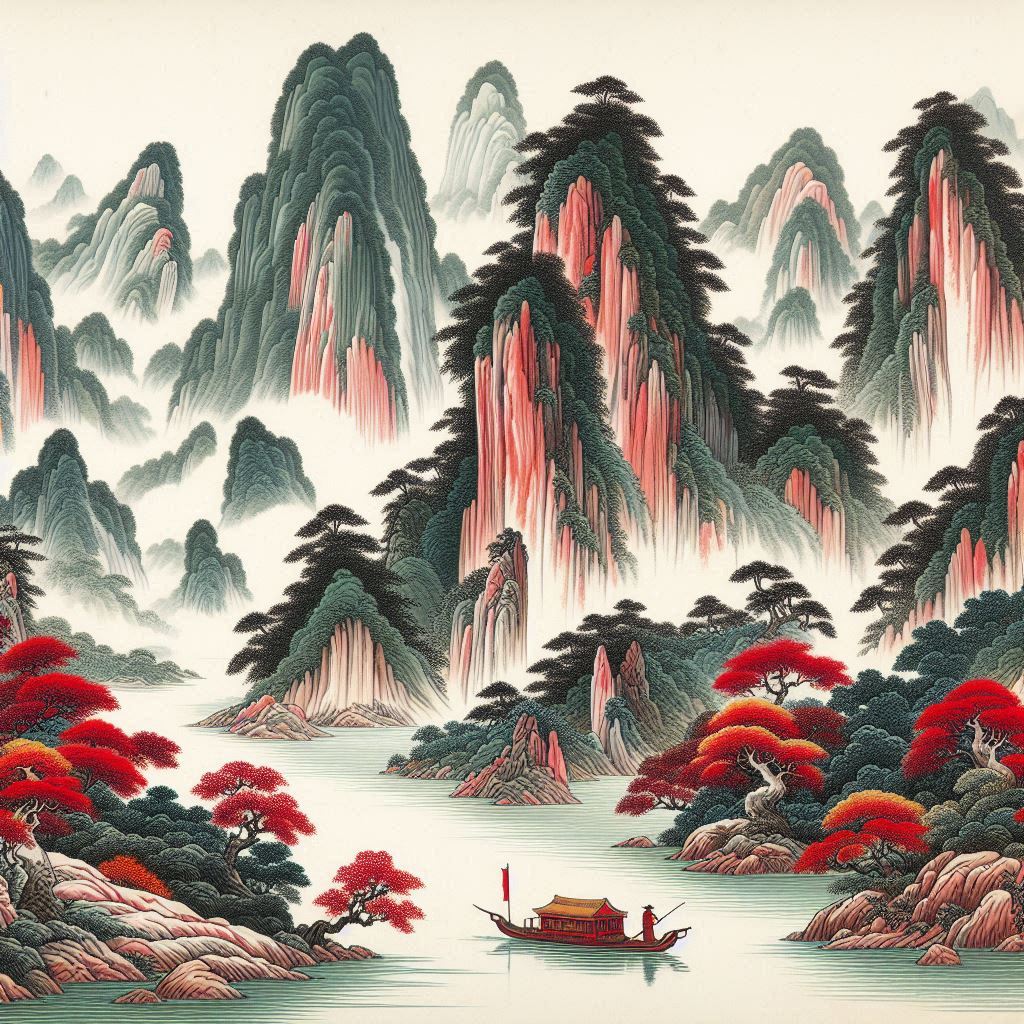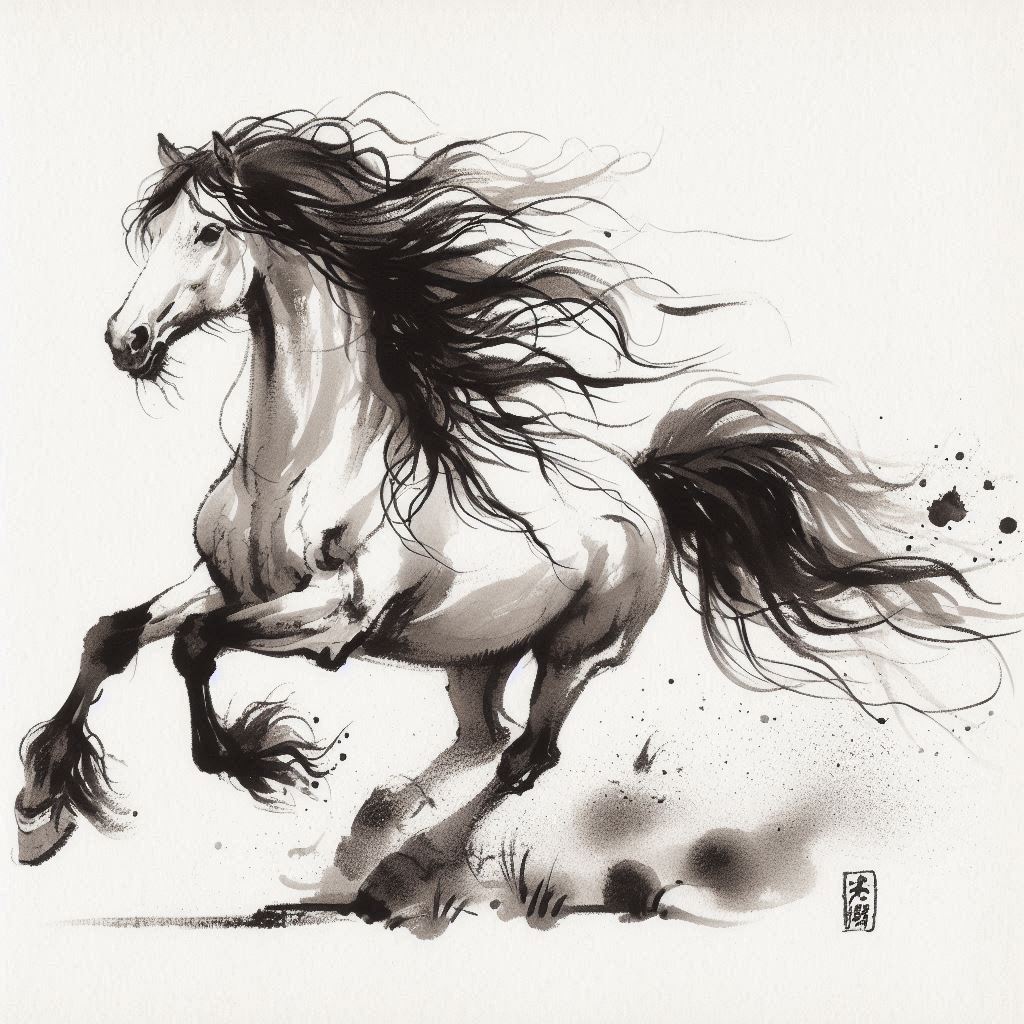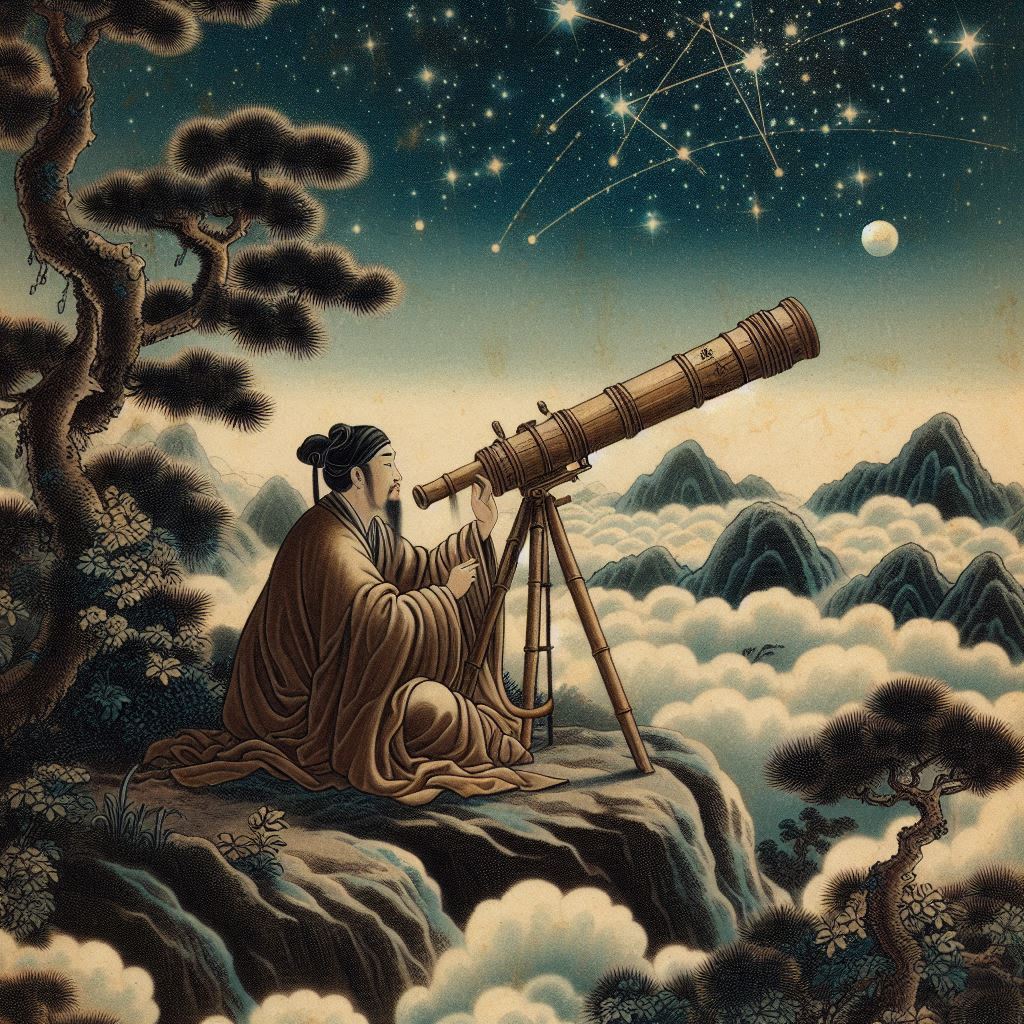Cause
- chronic illness
- internal dampness
- excessive sexual activity
- old age
To understand the cause for Kidney Yang deficiency we need to quickly review the concept of Yin and Yang in traditional Chinese medicine.
Since Yang in nature represents activity, light, warmth it logically represents function/warming faculty in the human body. Since Yin in nature represents rest, quiet, slowness, in the human body it translates to structure, substance, matter. In other words Yin represents blood, body fluids and matter, while Yang is the force that brings them to life.
There is good health when Yin and Yang are in balance. When there is deficiency of Yang, Yin instantly becomes excessive and vice versa – when there is deficiency of Yin, Yang becomes excessive. Yang deficiency manifests in coldness, lethargy and overflow as there is "deficiency of warmth and energy" which struggles to contain the matter(1). A main symptom in Kidney Yang deficiency is coldness(2)(3)(4).
In traditional Chinese medicine the Kidney is viewed as the "root(2)(3) organ" of the body. It is the foundation of all Yin and all Yang qualities. This means that the state of “Kidney Yin” determines the state of Yin in the other organs and the state of “Kidney Yang” determines the state of Yang in the other organs, and in the body as a whole(3)(4).
There are many causes that lead to Kidney Yang deficiency. Prolonged(4) or chronic(3) illness may consume the warming faculty of the body, as this is the energy the body uses to fight the pathogen. “Internal dampness” cools the warming faculty(3). Excessive sexual activity also leads to the exhaustion of Kidney Yang(2)(3)(4). The most common reason for Kidney Yang depletion is old age(2)(3)(4).
If you want to learn more about the Kidneys and their functions from the perspective of traditional Chinese medicine you can read the material "The Kidney in Traditional Chinese Medicine" in the Physiology chapter.
Symptoms
- aversion to cold
- sensation of cold in the back
- cold knees
- lassitude
- mental lethargy
- lack of sexual desire
- sterility
- loose stools
- frequent urination
- edema
- clear vaginal discharge in women
- irregular menstruation in women
As mentioned above the main manifestation of Kidney Yang deficiency is “coldness”. Aversion to cold(2)(3), sensation of cold in the back, and cold knees(2)(3) are all typical symptoms of Kidney yang deficiency. As the warming principle is diminished lassitude(3), mental lethargy, and poor spirit manifest. In traditional Chinese medicine the Kidneys govern the reproductive system so there is lack of sexual desire, impotence(2)(3)(4) premature ejaculation in men(3) and infertility in men(2)(4) and women(3)(4). There is not enough energy to hold and contain therefore there is loose stool(2)(3), frequent night urination(2) and edema of the legs(3) or severe edema below the waist(2).
Treatment Approaches
The treatment principle of Kidney Yang deficiency is to tonify Yang and warm the body. Warm/hot foods, herbs and spices are needed.
To unlock the rest of this article select "Yes, I want to learn!" below.
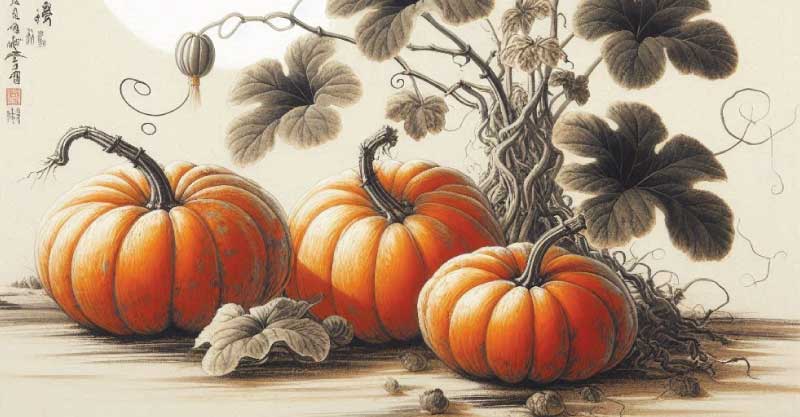
Food therapy is the most economical and non-toxic biochemical approach to health and disease. Food is something we continuously use to sustain our lives. Learning what foods are healing (and what disruptive) for each condition has the potential to convert every meal into a form of therapy.
YS
(1) Zhang, Enqin (1990). Basic Theory of Traditional Chinese Medicine. Shanghai: Publishing House of Shanghai College of Traditional Chinese Medicine
(2) Yang Weiyi, Meng Fanyi, Jiang Yuanan(2002). Diagnostics of Traditional Chinese Medicine. Beijing: Beijing University of Chinese Medicine and Pharmacology
(3) Maciocia, Giovanni (1989). The Foundations of Chinese Medicine. Edinburgh: Harcourt Publishers Limited
(4) Deng Liangye, Gan Yijun, He Shuhui, Ji Xiaoping, Li Yang, Wang Rufen, Wang Wenjing, Wang Xuetai, Xu Hengze, Xue Xuiling, Yuan Jiuling (1987). Chinese Acupuncture and Moxibustion. China: Foreign Languages Press
(5) Pitchford, Paul (2002). Healing with Whole Foods. Berkeley: North Atlantic Books
Related Articles:
The Kidney, season winter, and foods that benefit the Kidney during winter
Herbs that tonify Yang and benefit Kidney Yang deficiency
Herbs that tonify Yin and benefit Kidney Yin deficiency
Herbs that tonify Qi and benefit Kidney Qi deficiency
Please read our Disclaimer

